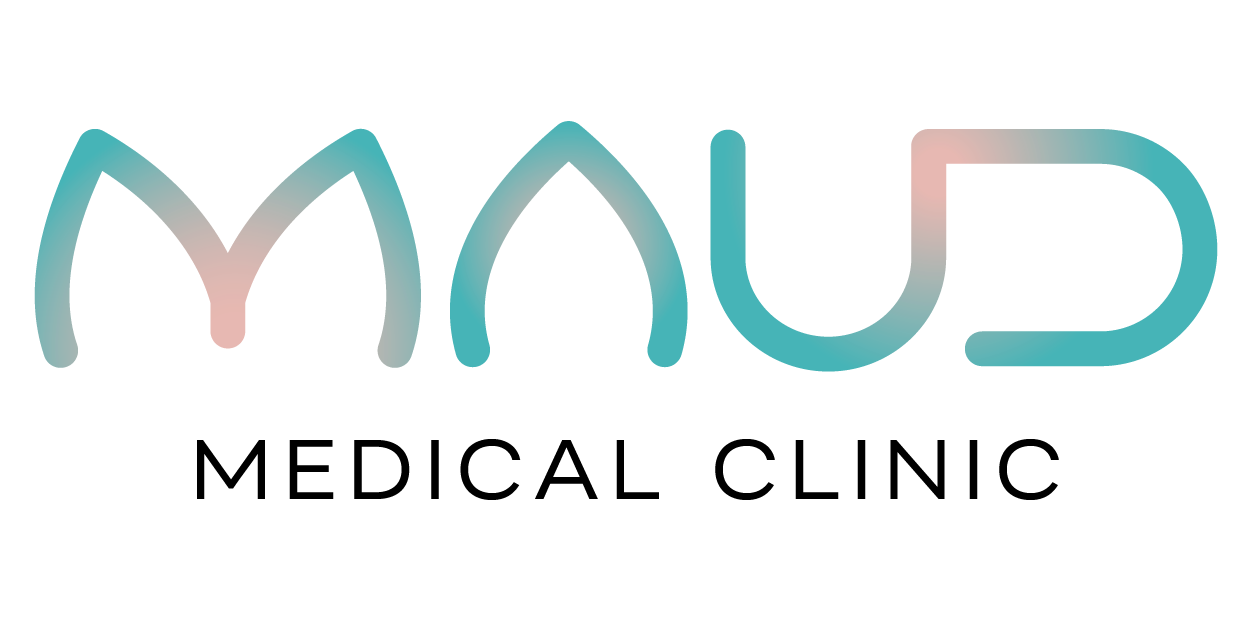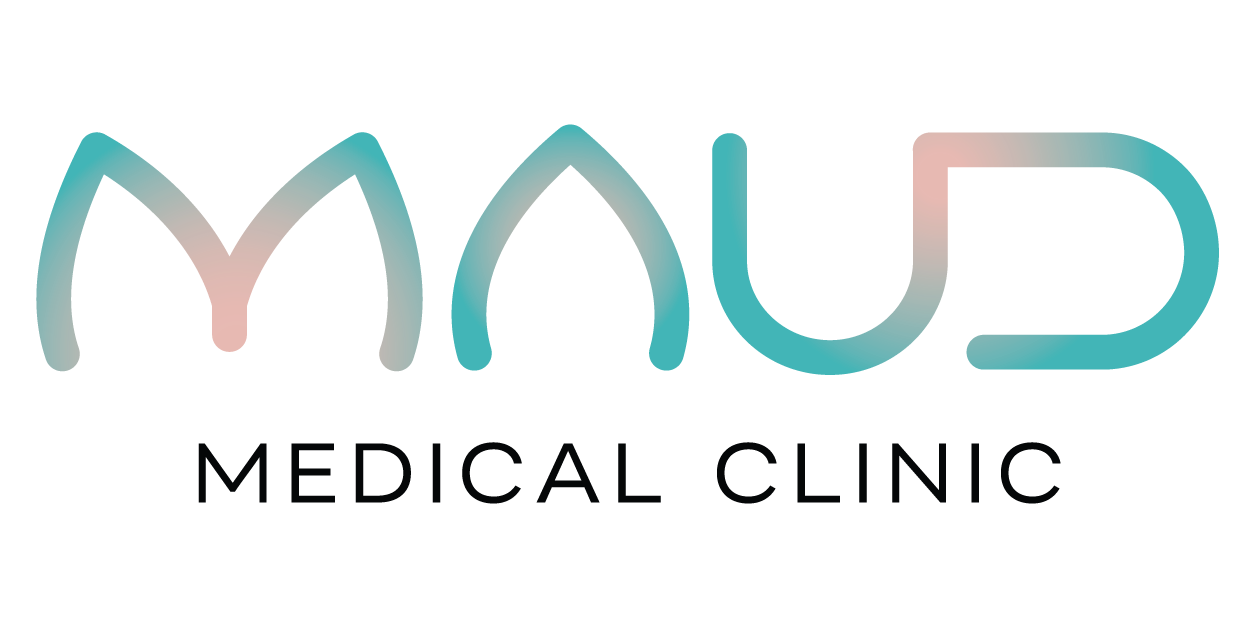Nutrition for Hormonal Balance
Nutrition for Hormonal Balance: What to Eat for a Healthier Cycle
At Maud Medical Clinic in Calgary, we believe in a holistic approach including how you eat, sleep, move, and live. One of the most overlooked but powerful tools for hormone health is nutrition. Whether you have irregular cycles, perimenopause, or just feeling off, the food you eat can significantly impact your hormonal balance and in turn, your mood, energy, digestion, skin, and overall well-being.
Let’s dive into how nutrition supports hormonal health, what foods help or hurt balance, and how you can start nourishing your cycle today.
How Your Diet Affects Hormones
Hormones are chemical messengers that regulate everything from your metabolism and mood to your menstrual cycle and sleep. The production and breakdown of hormones rely heavily on what’s available in your body, specifically nutrients from food.
Poor nutrition, highly processed foods, chronic dieting, and blood sugar spikes can all disrupt this delicate system. When your body doesn’t get what it needs (or gets too much of what it doesn’t), your hormones respond with symptoms like:
Irregular or painful periods
Acne or hair changes
Mood swings or anxiety
Bloating, weight fluctuations, or fatigue
Sleep disturbances
Worsening of conditions like PCOS, endometriosis, or perimenopausal symptoms
But here’s the good news: supporting hormonal balance through nutrition isn’t about perfection. It’s about consistent, supportive choices that help your body do what it was designed to do heal, regulate, and restore balance.
The Foundation: Blood Sugar Balance
One of the most important (and most overlooked) parts of hormonal health is blood sugar stability.
When your blood sugar spikes and crashes from things like sugary snacks, skipping meals, or processed carbs, your body releases cortisol and insulin, two hormones that can interfere with estrogen, progesterone, and even testosterone production.
To keep your blood sugar stable:
Eat protein with every meal (e.g., eggs, chicken, tofu, beans)
Pair carbs with fiber and fat (e.g., whole grain toast with avocado)
Avoid long gaps between meals
Reduce sugary drinks and ultra-processed snacks
This foundation helps regulate insulin, which in turn supports ovulation, reduces inflammation, and helps your liver and gut break down and clear excess estrogen.
Key Nutrients for Hormonal Health
Some nutrients are especially powerful when it comes to cycle support and hormonal regulation. Here are a few to prioritize:
1. Magnesium
Magnesium supports over 300 biochemical reactions, including cortisol regulation, muscle relaxation (helping with cramps), and sleep quality.
Sources: Leafy greens, pumpkin seeds, dark chocolate (in moderation), almonds, legumes
2. Omega-3 Fatty Acids
These anti-inflammatory fats support hormone production, reduce PMS symptoms, and improve mood stability.
Sources: Fatty fish (salmon, sardines), flaxseeds, chia seeds, walnuts
3. B Vitamins (especially B6 and B12)
B vitamins help with energy, liver detoxification of estrogen, and reducing symptoms like mood swings and fatigue.
Sources: Whole grains, eggs, leafy greens, lentils, and fortified nutritional yeast
4. Iron and Zinc
Important for ovulation and healthy blood flow, especially if you have heavy periods or are in perimenopause.
Sources: Red meat (in moderation), pumpkin seeds, lentils, tofu, spinach, shellfish
5. Fiber
Fiber helps your body eliminate excess hormones (especially estrogen) through digestion and supports gut bacteria that play a role in hormonal signaling.
Sources: Oats, beans, lentils, flaxseeds, fruits, and vegetables
Eating for Your Menstrual Cycle
Your cycle has different hormonal needs depending on the phase. Tailoring your nutrition to your cycle (sometimes called “cycle syncing”) can be an empowering way to feel more in tune with your body.
Menstrual Phase (Day 1–5): Nourish and replenish
Focus on iron-rich foods (spinach, beef, lentils), hydration, and warming foods like soups and stews to ease cramps.
Follicular Phase (Day 6–13): Build and energize
Estrogen rises, so emphasize lean proteins, fermented foods, and antioxidants (berries, leafy greens, seeds) to support ovulation and skin health.
Ovulation (Day 14–16): Anti-inflammatory support
This is a high-energy phase. Focus on fresh vegetables, omega-3s, and whole grains. Support your liver with cruciferous veggies (broccoli, cabbage, cauliflower).
Luteal Phase (Day 17–28): Stabilize mood and cravings
Progesterone rises. Focus on magnesium and B6-rich foods, complex carbs (sweet potatoes, quinoa), and healthy fats (avocados, nuts) to reduce PMS symptoms.
The Gut-Hormone Connection
Did you know your gut bacteria help regulate estrogen?
A healthy gut supports hormone balance by:
Breaking down used hormones so they can be excreted
Reducing inflammation
Supporting nutrient absorption
To support your gut:
Eat fermented foods (yogurt, kimchi, kefir, miso)
Eat 25–35g of fiber per day
Drink enough water
Avoid excessive alcohol or unnecessary antibiotics
Foods That May Disrupt Hormones
While occasional treats are fine, consistently eating certain foods may negatively impact hormonal health:
Highly processed foods (refined sugars, packaged snacks)
Trans fats (found in hydrogenated oils and processed pastries)
Excess caffeine (especially on an empty stomach)
Excess alcohol (can burden the liver and impact estrogen clearance)
You don’t need to cut these out completely, but reducing your intake and balancing them with nutrient-dense meals makes a big difference.
What About Supplements?
At Maud Medical Clinic, we believe food is foundational, but in some cases, supplements may help. Always speak with a doctor or physician before starting anything new especially if you’re on medications or have an existing condition.
Common supplements that may support hormonal health include:
Magnesium glycinate
B-complex
Fish oil (omega-3)
Vitamin D
Probiotics
Our Calgary-based medical clinic can help assess your unique needs and guide you with personalized care.
Empowering Women Through Nutrition
At Maud Medical Clinic, we empower you to take control of your health with evidence-based, compassionate care. Nutrition is the key.
Whether you're managing PCOS, PMS, perimenopause, or just want to feel better in your body, we’re here to support you through whole-person wellness.
If it’s your first time visiting Maud Medical Clinic, our Calgary physicians are happy to guide you through your hormonal health concerns. All doctor services are covered by your provincial healthcare card. Drop in for more information, or submit a request online.
At Maud Medical Clinic in Calgary, our holistic approach to women’s health includes access to nutrition counselling alongside traditional medical care. Through a team of experienced dietitians specializing in hormonal health, PCOS, endometriosis, menopause, gut health, and skin concerns, the clinic offers personalized support tailored to women’s unique needs. Each first session begins with a free 15-minute discovery meeting, allowing you to share your goals. From hormone balance to digestive wellness before moving into a full assessment
You can choose self-guided nutrition programs or one-on-one coaching packages that include meal plans, recipes, supplement guidance, and follow-up support. With services covered by extended healthcare benefits and led by women who deeply understand women’s lives, our nutrition counselling empowers you to make real food-based changes that support cycle health, energy, and resilience.
References
Institute for Functional Medicine. https://www.ifm.org
Office on Women’s Health, U.S. Department of Health & Human Services. https://www.womenshealth.gov
Alberta Health Services: Nutrition and Health Resources. https://www.albertahealthservices.ca
John Hopkins Medicine: Hormonal Health and Nutrition. https://www.hopkinsmedicine.org
Journal of Clinical Endocrinology & Metabolism. https://academic.oup.com/jcem

